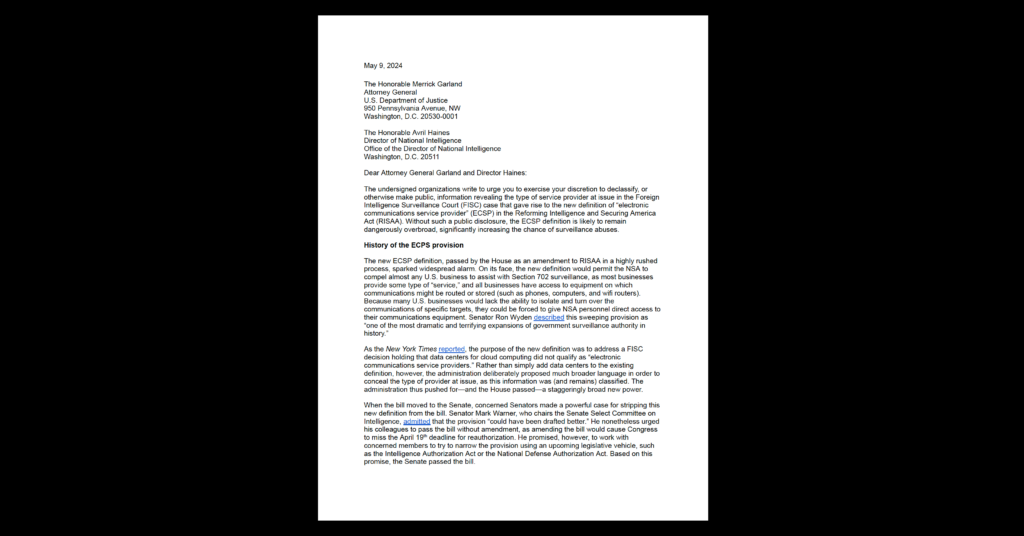Cybersecurity & Standards, Government Surveillance
Symposium: Four important questions for the court to consider in US v Microsoft
This blog has been cross-posted from SCOTUSblog. CDT’s Senior Counsel and Director of the Freedom, Security and Technology Project published this piece on Wednesday, February 7, 2018.
On February 27, the Supreme Court will hear oral argument in a case with global implications for privacy and data protection. In United States v. Microsoft, the U.S. Department of Justice claims that warrants issued by a U.S. judge or magistrate can compel a U.S. communications service provider to disclose communications content the provider stores abroad – in this case, in Ireland. CDT filed a brief in favor of Microsoft, which is resisting the warrant. We did so out of concern that if the DOJ position prevails, it will be adopted by foreign governments and create chaos, as those governments will insist that their process compels disclosure of content in the U.S. despite the provisions of the Stored Communications Act governing those disclosures. We also argue that if the court adopts the DOJ position, it would damage the cloud-computing industry.
The case has drawn a lot of interest from many quarters. Amicus briefs filed in the case raise at least four important questions the Supreme Court should address.
- Would compelled disclosures from abroad violate the EU’s GDPR?
- What about providers with network architectures different from Microsoft’s?
- What is the “focus” of the Stored Communications Act?
- How would other countries respond to a decision in favor of the DOJ?
We discuss the answers to these questions, and more, in this blog from Greg Nojeim posted with the SCOTUSBlog.


